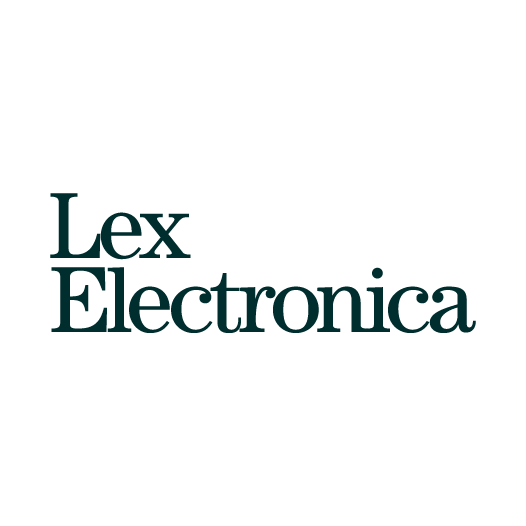Comment la crainte de sous-protection engendrera la catastrophe de la surprotection : examen constitutionnel du Digital Millenium Copyright Act
1 L’auteur est avocat au sein de l’étude Zénaïde Lussier et complète une maîtrise en droit des technologies de l’information (LL.M.) à l’Université de Montréal.
Résumé
Chaque apparition d’une nouvelle technologie remet inévitablement en cause le cadre législatif établi pour protéger les droits de propriété. Cependant, avec la numérisation de l’information et l’avènement d’Internet, il est de plus en plus facile de reproduire et de distribuer librement des œuvres protégées. Toutefois, depuis le 20 décembre 1996, l’Organisation Mondiale de la Propriété Intellectuelle (OMPI) a adopté deux traités ayant pour objectif principal d’adapter le cadre juridique du droit d’auteur aux nouvelles technologies. C’est pour se conformer à ces traités que l’administration Clinton a adopté le Digital Millenium Copyright Act (DMCA) en 1998.
Cet article examine d’abord les dimensions constitutionnelle du Copyright américain, et plus spécifiquement certaines limites qui viennent tempérer les prérogatives exclusives des titulaires de droits, notamment le domaine public et les usages équitables possibles d’ une œuvre. Sont ensuite examinés le DMCA et sa conformité aux principes énoncés à la clause constitutionnelle, source du pouvoir législatif du Congrès américain en matière de Copyright. De plus, comme le DMCA interdit non seulement le contournement de technologies protégeant une œuvre en format numérique, mais également la fabrication et la diffusion de technologies permettant d’arriver à cette fin, cet article analyse les répercussions de cette loi sur la liberté d’expression.
English
Every time a new technology emerges, it calls into question the legislative framework established to protect copryrights. With the digitalization of information and the advent of Internet, it is increasingly easy to reproduce and distribute freely protected works. However, since December 20th, 1996, the World Intellectual Property Organization (OMPI) has adopted two treaties having for principal objective to adapt the legal framework of copyrights to new technologies. It is to conform to these treaties that the Clinton administration adopted the DIGITAL Millenium Copyright Act (DMCA) in 1998.
First, the author analyses the constitutional side of American Copyright: more specifically, the limits that moderate the exclusive prerogatives of copyrights holders.
The author analyzes then the DMCA and its conformity to the constitutional clause of the Copyright Act, source of the legislative power of the American Congress regarding copyrights. Moreover, like the DMCA not only prohibits the skirting of technologies protecting works in digital format, but also the production and the diffusion of technologies allowing to achieve this purpose, he analyzes the repercussions of this law over the freedom of expression.
